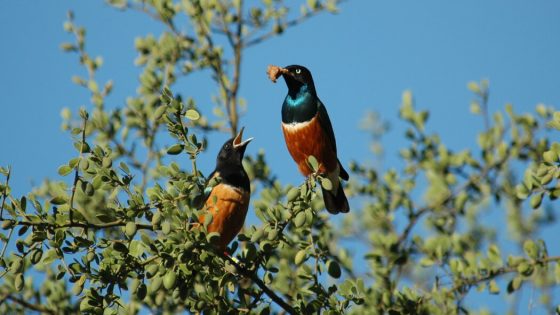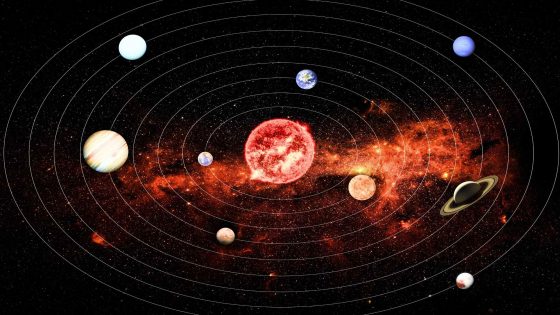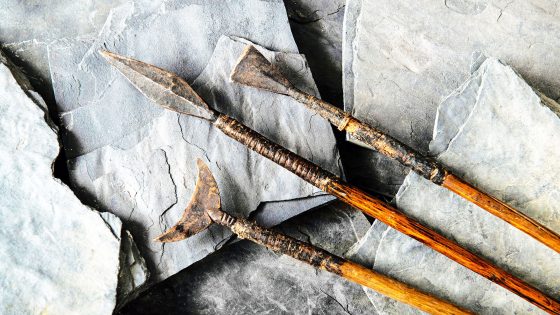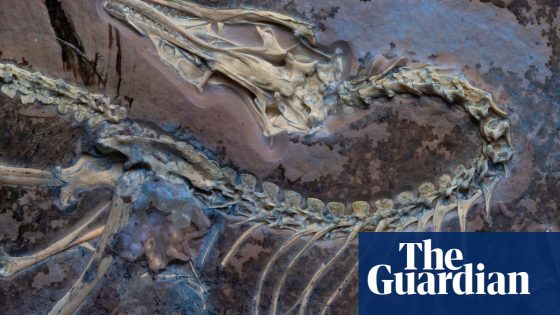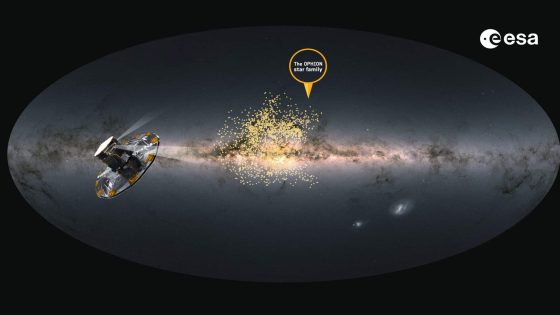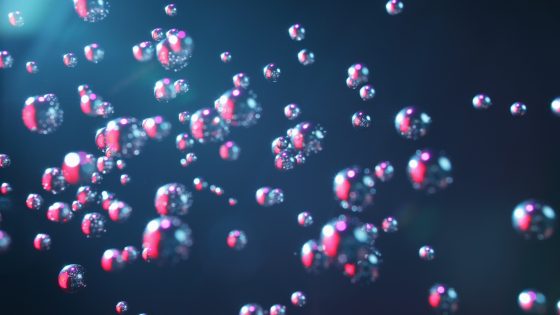Superb starlings exhibit fascinating social behavior, showcasing how cooperation among unrelated individuals can enhance survival. A recent study published on 2025-05-08 highlights their unique approach to raising offspring, revealing a complex web of reciprocal support.
- True friends offer emotional and practical support.
- Superb starlings help raise each other's chicks.
- Study shows nonrelatives assist in parenting.
- Reciprocal relationships build social ties among starlings.
- Long-term study tracked interactions over 20 years.
- Birds switch between breeding and helping roles.
Researchers analyzed two decades of field data to uncover that these vibrant songbirds not only prioritize their relatives but also extend their nurturing to nonrelatives. This groundbreaking finding challenges previous assumptions about animal social structures.
This behavior raises intriguing questions about the evolution of social bonds in animals. Why do these birds choose to help nonrelatives when they could assist family members instead? Key points include:
- Superb starlings rely on up to 16 helpers during breeding.
- Reciprocal relationships strengthen social ties over years.
- Nonrelatives often assist each other, enhancing community resilience.
As we delve deeper into the complexities of animal behavior, studies like this pave the way for future research on cooperation and its implications for social species.



